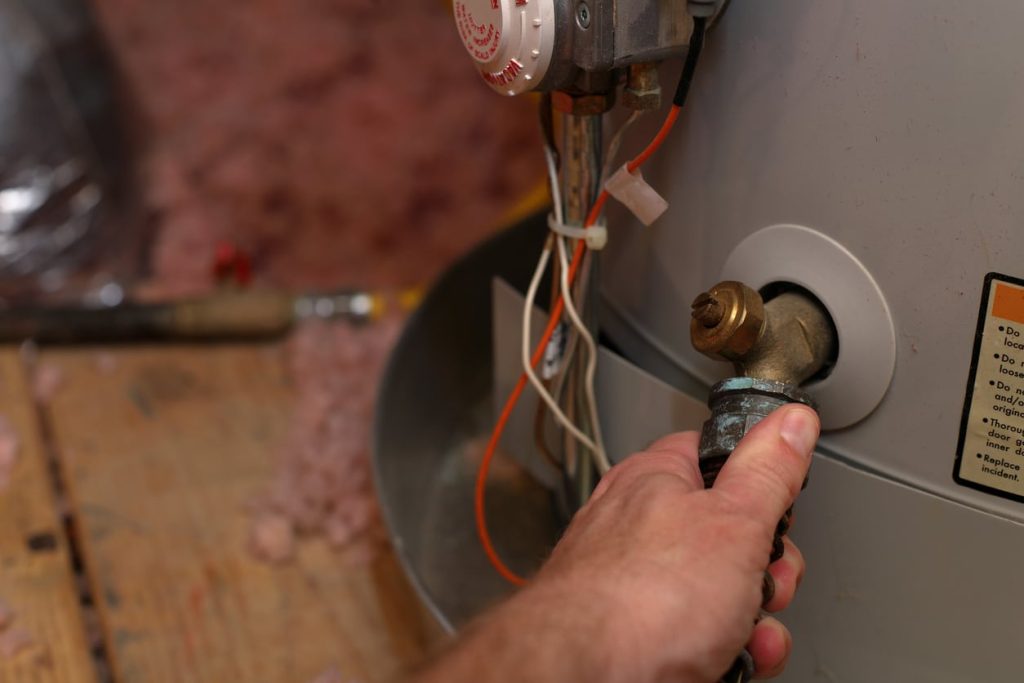Water heaters are an essential part of our modern lives, providing the comfort of hot water for various domestic activities. From soothing showers to dishwashing and laundry, we rely on these devices daily. But have you ever wondered how water heaters actually work? In this blog post, we’ll delve into the science behind water heaters, demystifying the processes that allow us to enjoy a consistent supply of hot water.
The Basics: Types of Water Heaters
Before we dive into the science, let’s briefly touch upon the two main types of water heaters commonly used in households: tankless (on-demand) water heaters and storage tank water heaters.
Tankless water heaters heat water directly as it flows through the unit, without the need for a storage tank. When hot water is required, cold water passes through a heat exchanger, where it’s rapidly heated by a gas burner or an electric element. Traditional storage tank heaters store and heat a predetermined amount of water, usually ranging from 30 to 80 gallons. The water is constantly heated to maintain a set temperature, ready for use when needed.
The Science Behind the Heat
Now, let’s unravel the science behind how these water heaters work. Both tankless and storage tank water heaters rely on the principles of conduction and convection. In tankless heaters, water flows through a coiled pipe or a heat exchanger, which directly heats the water through conduction. In storage tank heaters, the water at the bottom of the tank is heated, and as it warms, it rises due to convection currents.
For gas-powered water heaters, combustion plays a crucial role. A gas burner ignites natural gas or propane to create a controlled flame. The heat produced during combustion is transferred to the heat exchanger, which in turn heats the passing water. This process ensures a constant supply of hot water for your needs.
Electric water heaters use heating elements submerged in the water tank. When electricity flows through the elements, they heat up, raising the temperature of the surrounding water. This heat transfer is a result of the Joule heating effect, where electrical energy is converted into heat.
All types of water heaters include mechanisms for temperature regulation. A thermostat monitors the water temperature and signals the heating element or burner to activate when the temperature drops below the set level. Once the desired temperature is reached, the heating element or burner is deactivated to prevent overheating.
Energy Efficiency and Savings
Understanding the science behind water heaters can also shed light on energy efficiency and cost savings. Tankless water heaters are known for their energy efficiency. They only heat water on demand, eliminating the standby heat loss that occurs in storage tank heaters.
Storage tank heaters have also become more energy-efficient over time, thanks to improved insulation and thermostat controls. However, they still experience standby heat loss, where energy is used to keep the stored water hot even when not in use.
Explore Your Options Today!
As you appreciate the ingenious mechanisms that provide hot water at your fingertips, consider us as your partner in ensuring optimal performance and cutting-edge solutions for all your water heating needs. Contact JW’s in Indianapolis, IN today to explore our range of innovative and efficient water heater services!






